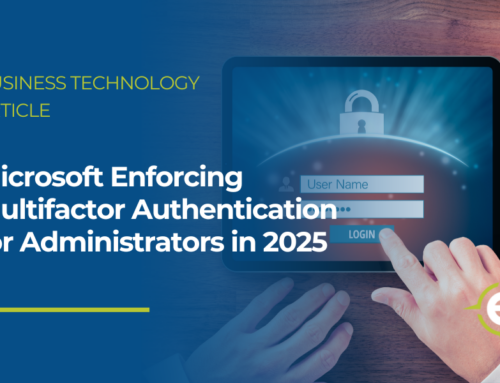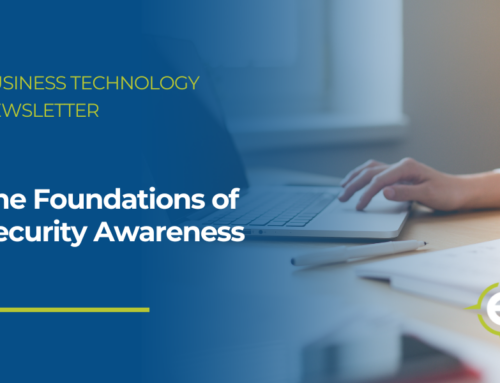Cybersecurity During the Holidays
Many people think of the end of the year as a time of thanks and giving. But it’s also a time of taking as scammers get into the holiday spirit (maliciously, of course). Stay safe during the busy shopping seasons by avoiding these common cybersecurity concerns.
Busy seasons equal more phishing attacks.
Online shopping sees a huge increase at the end of the year, which leads to one of the busiest seasons for shipping services. Scammers take advantage of that situation by featuring malicious links disguised as delivery status updates.
Avoid it: Phishing is always a top concern, but it’s important to prepare for additional attacks during peak shopping seasons. Slow down, think before you click, and never open unexpected attachments.
There will be fake offers.
There are plenty of good deals during the holidays. There are also plenty of fake offers that aim to steal money or sell inferior or fake products. As a general rule, if something sounds too good to be true, it’s probably a scam.
Avoid it: Only purchase products from reputable sellers and online marketplaces. Be especially cautious with any “great deals” that find their way into your inbox.
There will be fake websites.
Similar to fake offers, cybercriminals are notorious for setting up fake websites designed to look legitimate. They’ll use those websites to steal banking information and other personal data.
Avoid it: Be sure to research a seller by reading reviews from other customers. Never enter any financial information unless you are confident that the website is legitimate and trustworthy.
Gift card scams are prevalent.
One way scammers steal money is by asking people to buy gift cards and relay the gift card information to the scammer. Once they receive payment, they disappear without providing the product or service to the buyer.
Avoid it: This scam is prevalent in secondhand markets, like Facebook Marketplace. If someone asks you to purchase gift cards as payment, disengage from them immediately.








